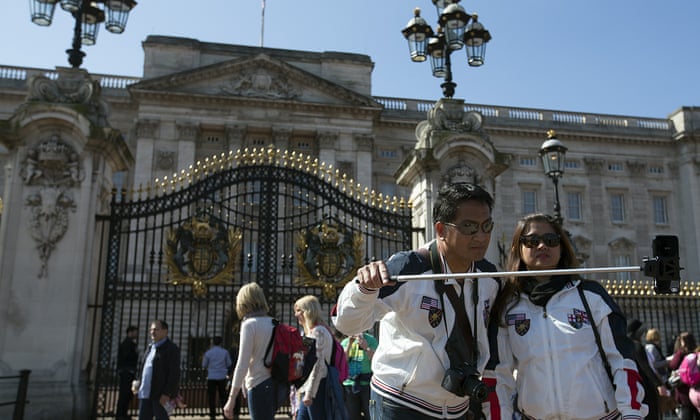
Britain saw a huge number of international visitors in July and spent more than ever in response to the improved spending power offered by the low pound.
More than 4m non-UK travellers visited Britain this July which is about 6% increase than the last year and spent £2.7bn, up 3% on July 2016, reports the Office for National Statistics.
The increase in number during the peak summer months failed to match the rise around the Easter period, when foreign visitor numbers and spending increased by about 20% on the year before. This improvement in the tourist figures buoyed Britain’s tourism and services industries which otherwise created some uncertainty post the EU referendum.
Brexit triggered a 20% slump in the value of the pound last year against most major currencies that has since waned, especially against the dollar where there is only a 13% drop since last year. the reduction in the pound value in the global market made leisure and business trips to the UK more attractive. European and North American visitors were the largest visitors to contribute in the UK travel sector.
However, the growth in tourists from June was evenly spread following a surge in numbers from the rest of the world, which according to passenger flight records show came mostly from China and East Asia. On the other hand, the decrease in the pound has hit the number of UK residents making visits abroad, and there has been a 2% decrease when compared with July 2016.
UK residents also spent less on the same month a year before by 2%, to £4.5bn.